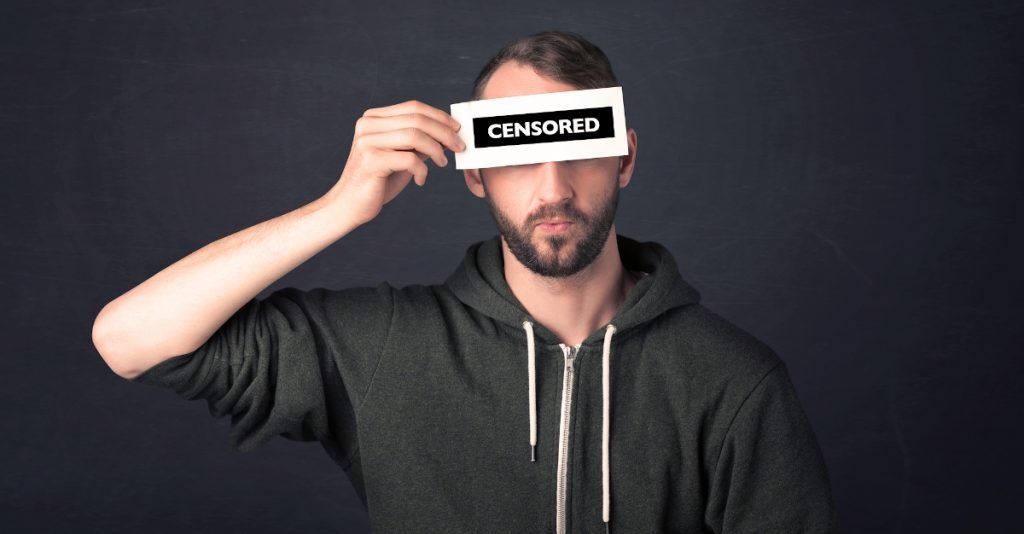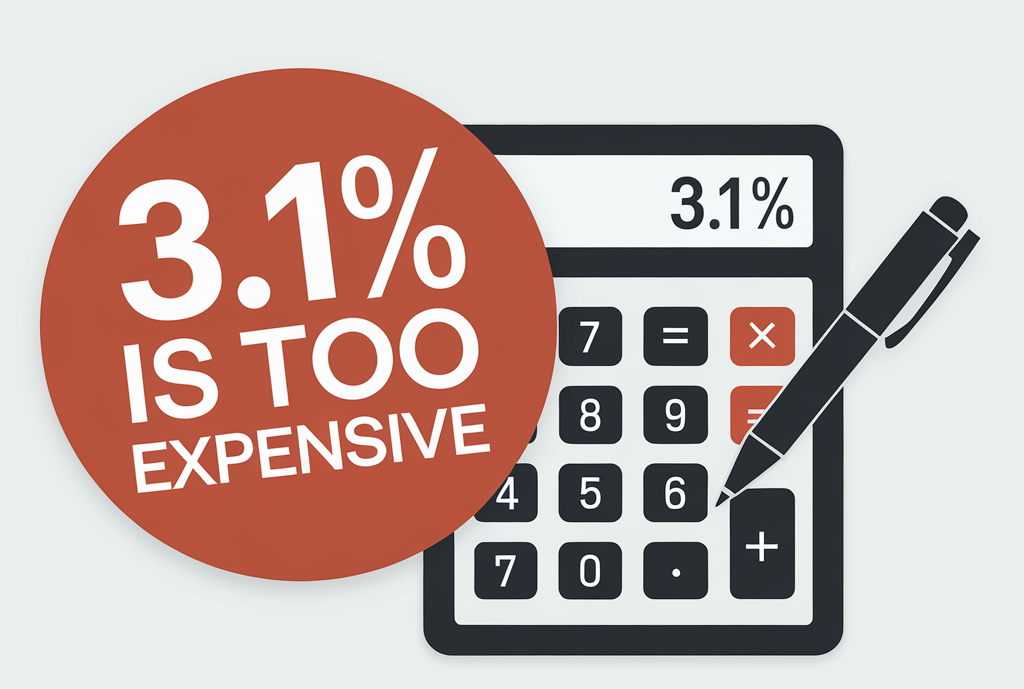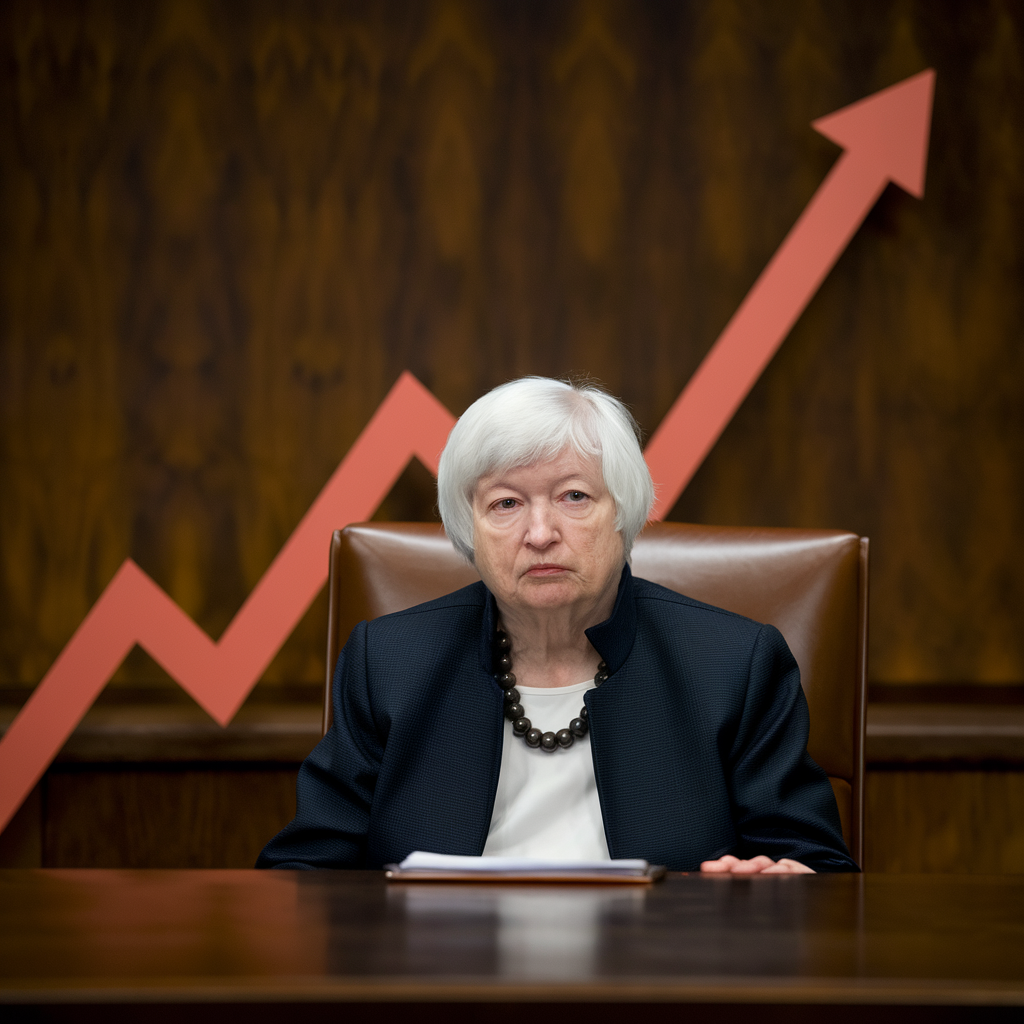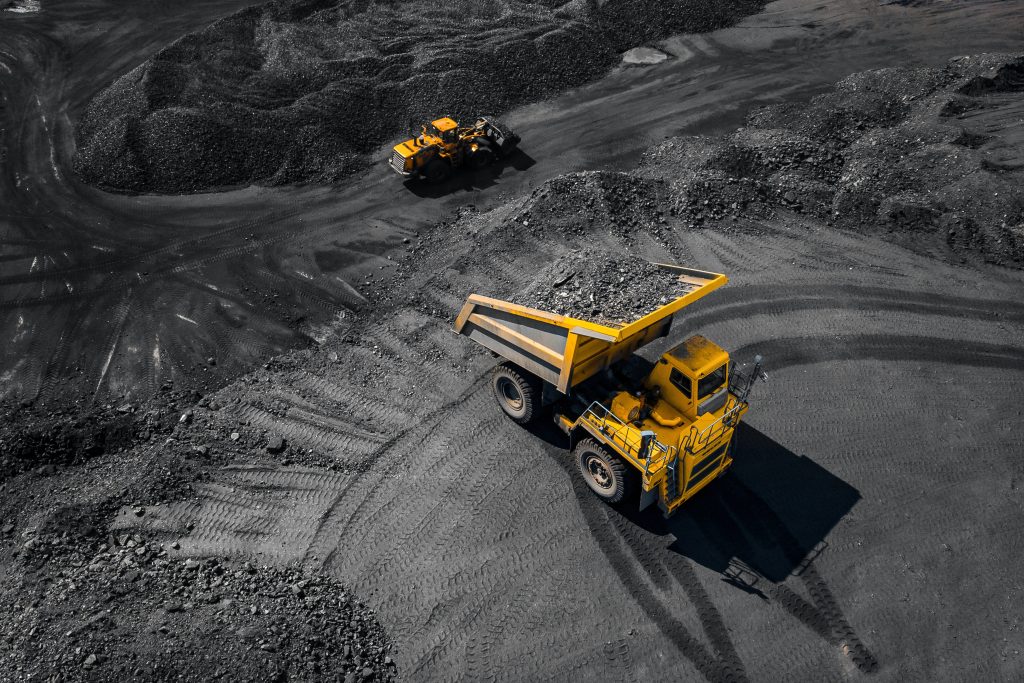More than 400 years ago in the year 1615, the Catholic Church hired eleven ‘expert consultants’ and asked them to review the scientific work of Nicolaus Copernicus.
Copernicus, of course, was one of the first scientists to propose that the sun (not the earth) was at the center of the universe.
But even though Copernicus had been dead for more than 70 years at that point, his ideas still lived on… and were being advanced by none other than Galileo.
Galileo had published his own research with compelling evidence that Copernicus was right.
This view of the universe conflicted with Church teachings that the Earth was at the center of the universe.
So the Vatican decided to settle the matter with its panel of expert ‘fact checkers’.
On February 4, 1616, the fact checking committee issued its final report to Rome: the Earth is clearly the center of the universe. And any other view constituted heresy.
They concluded that the Copernicus/Galileo heliocentric view is “foolish and absurd in philosophy, and formally heretical since it explicitly contradicts in many places the sense of Holy Scripture…”
The fact checkers’ assessment ultimately helped convict Galileo of heresy later in life; his works were banned, was threatened with torture, forced to recant his scientific conclusions, and spent the last eight years of his life under house arrest.
It was a very sad ending to the life of a man who contributed so much to the world.
Vatican bureaucrats would go on to ban works by many other scientists and philosophers , including René Descartes, Jean-Jacques Rousseau, Immanuel Kant, and John Locke.
The Vatican may very well have felt that their censorship and fact-checking were righteous.
But we obviously know in retrospect that many of the people they censored were legitimate scientists whose only crime was having a different point of view.
It’s not so different from the legions of fact-checkers lurking the Internet today.
Facebook, for example, banned the heretical question last year: did COVID-19 escape from a lab in Wuhan?
Its fact-checkers based their censorship on a letter penned by a zoologist named Peter Daszak, who said it was anti-Asian hate speech to suspect a Wuhan lab leak.
Daszak’s day job is packaging federal grants for scientific labs, some of which funded the Wuhan Institute of Virology.
Daszak was also later sent to the Wuhan Institute of Virology as part of a World Health Organization ‘fact-finding’ mission. Shockingly, he concluded that everything in Wuhan was fine.
In other words, the guy responsible for funding the lab which may have leaked COVID-19 was presented as a neutral, third party fact-checker.
And he was given the authority to decide what you were allowed to say on social media.
Then, of course, there’s PayPal and the Anti-Defamation League, which recently announced their own inquisition of fact checkers to decide if your online free speech is too “extremist” or “anti-government”.
These terms, of course, are defined in the sole discretion of the fact checkers. Do you have a problem with the current administration? That might make you ‘anti-government’, and you’ll end up banned from using PayPal’s platform.
Not to be outdone by the private sector, the White House said it will partner with Big Tech companies in its new initiative to encourage you to report your “radical” family and friends to the government.
Then there’s David Mikkelson, the co-founder of the ‘fact-checking’ website Snopes; he recently admitted to plagiarizing at least 54 articles, demonstrating that the Godfather of fact-checking has absolutely zero ethical standards.
FactCheck.org set up a special “COVID-19/Vaccination Project” on its website, in order to fact check claims about vaccines.
Funding for the project came from a foundation started Robert Wood Johnson Foundation, which owns billions of dollars worth of stock in Johnson & Johnson (the foundation’s namesake).
So FactCheck.org is supposed to be scrutinizing its primary benefactor. Isn’t this at least a major conflict of interest?
It reminds me of an article I read in Forbes last summer entitled, You Must Not ‘Do Your Own Research’ When It Comes To Science.
The author claimed that “when it comes to issues like vaccinations, climate change, and the novel coronavirus” doing your own research “can be dangerous, destructive, and even deadly.”
Ignorance is strength!
Abandon all reason you peasant. If you think for yourself, you are putting lives at risk. Believe what the woke fact-checking elites tell you.
Calling attention to the conflicts of interests makes you a science denier— a heretic. Questioning the ulterior motives of the people involved makes you a conspiracy theorist.
If you can see what is happening, and where this is going, you understand why it is so important to have a Plan B.









